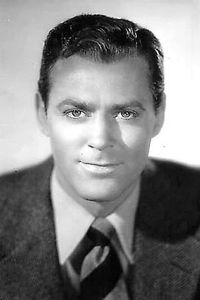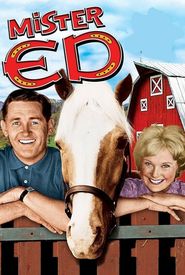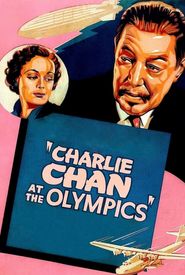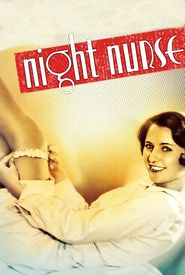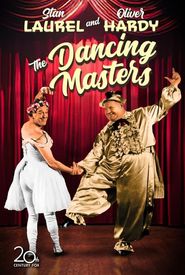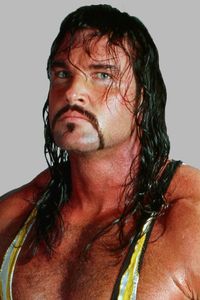Allan Lane, the legendary cowboy idol, embarked on a unique career trajectory that defied the conventional norms of the western action film heroes. Born in 1909, Lane began his journey in the saddle, but it was not the starting point for him. Instead, he started as a leading man in major studio dramas, only to transition into "B" serials and sagebrush sagas later in his life.
Lane's early life was marked by a strong affinity for the theater. He left school to join a Cincinnati stock company, touring with the production "Hit the Deck" to New York City. He continued to work in various theater projects in the city, eventually catching the attention of a Fox talent scout in 1929. This led him to leave New York for Hollywood, where he made his film debut with "Not Quite Decent" in 1929.
Although Lane struggled to rise in stature initially, he returned to Hollywood a few years later and began enjoying second lead roles in good quality "B" films throughout the late 1930s. He worked alongside notable actresses such as Shirley Temple, Joan Fontaine, and Lucille Ball in films like "Stowaway," "Maid's Night Out," and "Twelve Crowded Hours."
In 1940, Lane signed with Republic and after a brief struggle, he found success with the popular serial "The Tiger Woman" in 1944. He then teamed up with Linda Stirling and went on to star in numerous serials, including "Silver City Kid" and "Dave King." His rugged, dependable, and photogenic persona as a cowboy star earned him a loyal fan base.
Lane continued to churn out a steady stream of western films, trading blows with the bad guys and ensuring justice prevailed. His trusty steed, "Blackjack," was always by his side. Following this chapter of his career, Lane left films and toured with circuses and rodeo shows.
In the 1950s, Lane found a new platform in the TV series "Red Ryder." He may be better remembered today for his off-camera voice work as the talking horse Mister Ed in the classic 1960s sitcom of the same name. Lane retired from the entertainment industry shortly after and passed away on October 27, 1973, after a six-week battle with cancer.
